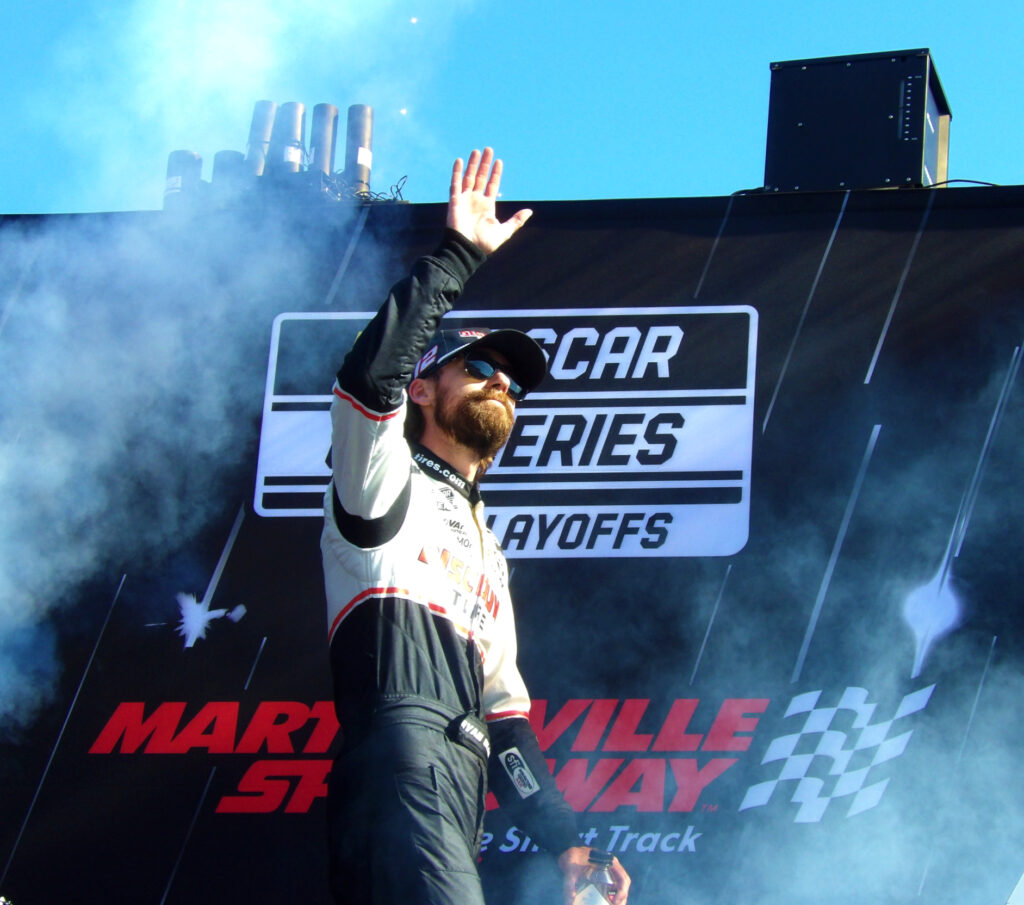
“Integrity is choosing your thoughts and actions based on values rather than personal gain.”
Chris Karcher
Integrity is important. And in the sports world, that fact should never come as a surprise by any means. For us, it’s especially true in the sport of auto racing. But honestly, for NASCAR, that should be more than painfully obvious. So, we purposely waited until NASCAR weighed in on the controversy surrounding the 2024 Xfinity 500 at Martinsville Speedway. While the rants were prevalent in the social media circles, we thought it would be important to give the NASCAR organization a chance to respond before we chimed in. We know it’s not how things are done, but as our followers know, we’ve never shied away from being different. We believe it’s important to get all the facts we can before we comment on anything. We’ll let the sensationalists have their say, but again, for us, integrity is important. But now that NASCAR has spoken on what happened, we think it’s time for some true perspective. On the controversy, Jeff Gordon said, “It’s bittersweet because of course I want that 24 to go race for a championship. It’s our 40th anniversary (at Hendrick Motorsports) and it’s been a great year. But I also don’t want to be in the middle of controversy. And that was a unique set of circumstances the way that race was unfolding.” Two things stand out of that comment for me. First of all, it was unique in the way it played out for sure. Second…bittersweet. It was surely that for us here at Short Track Report. Definitely bittersweet. But not for the reason anyone has been talking about. And that fact makes it extra bitter.
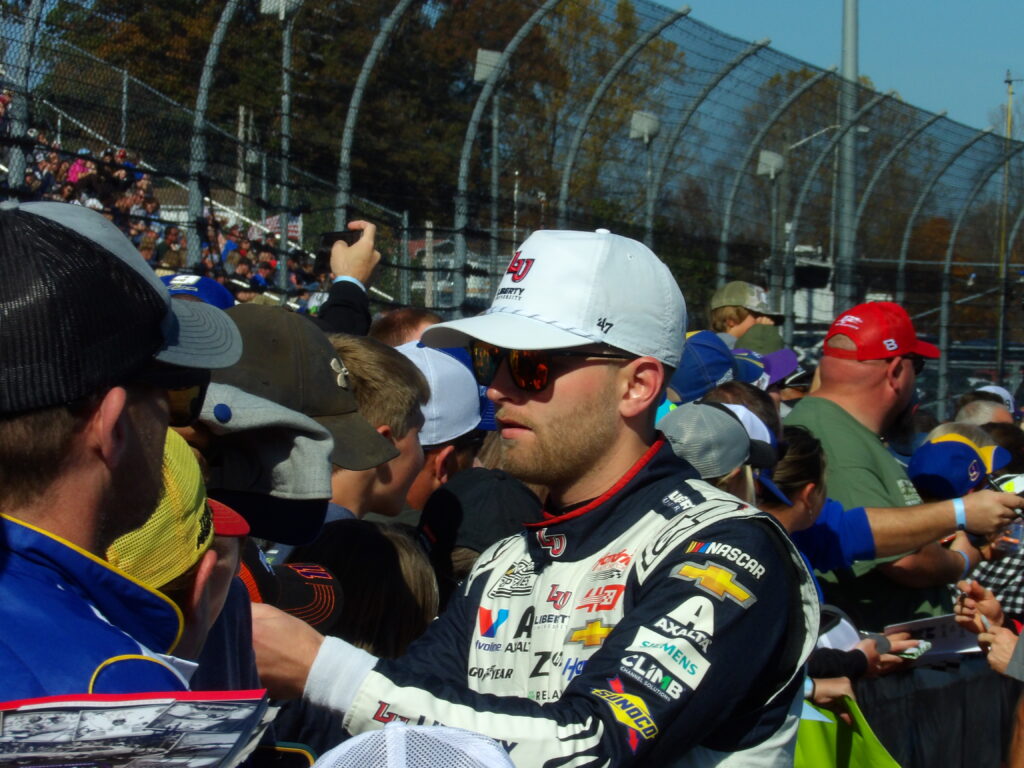
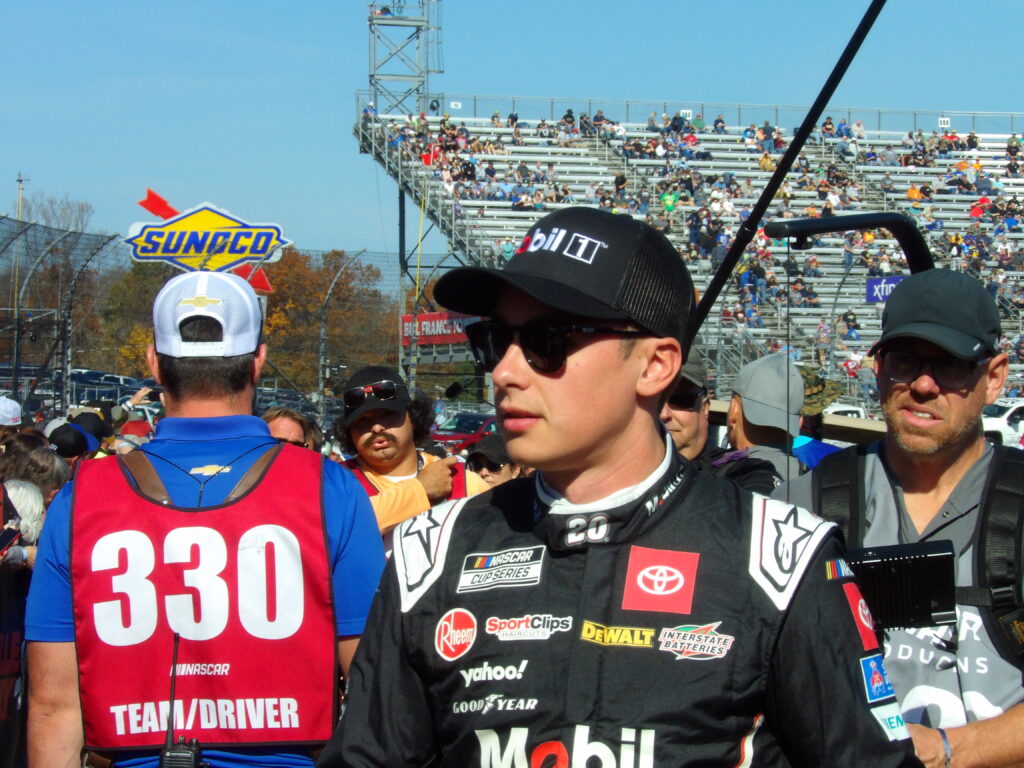
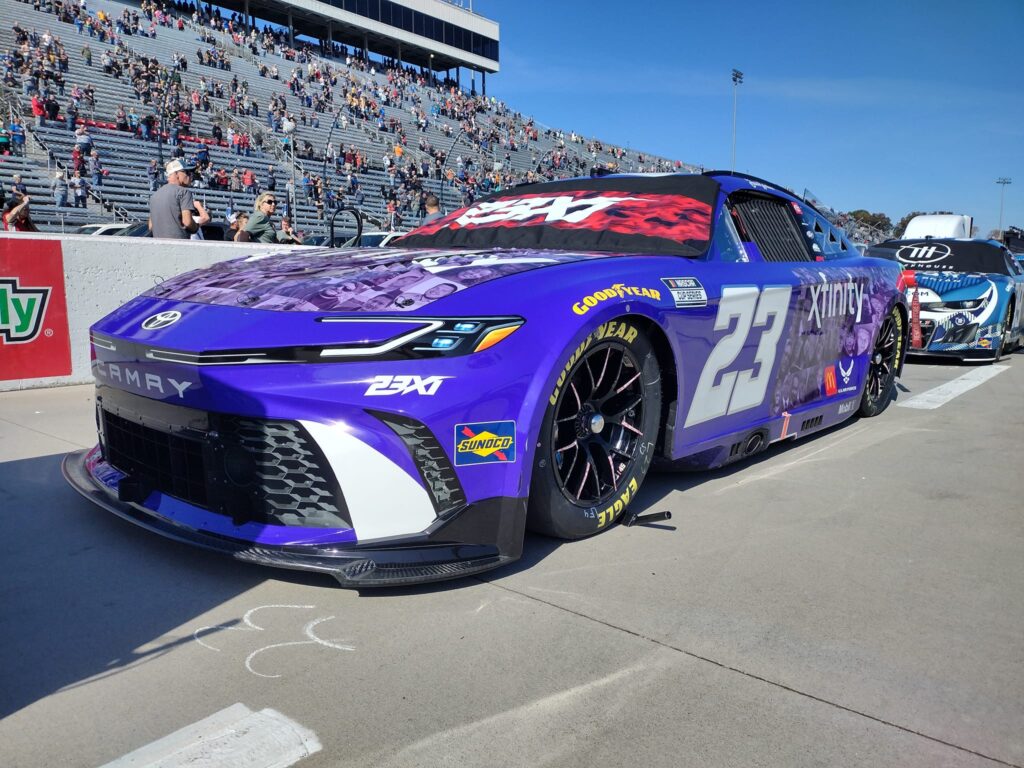
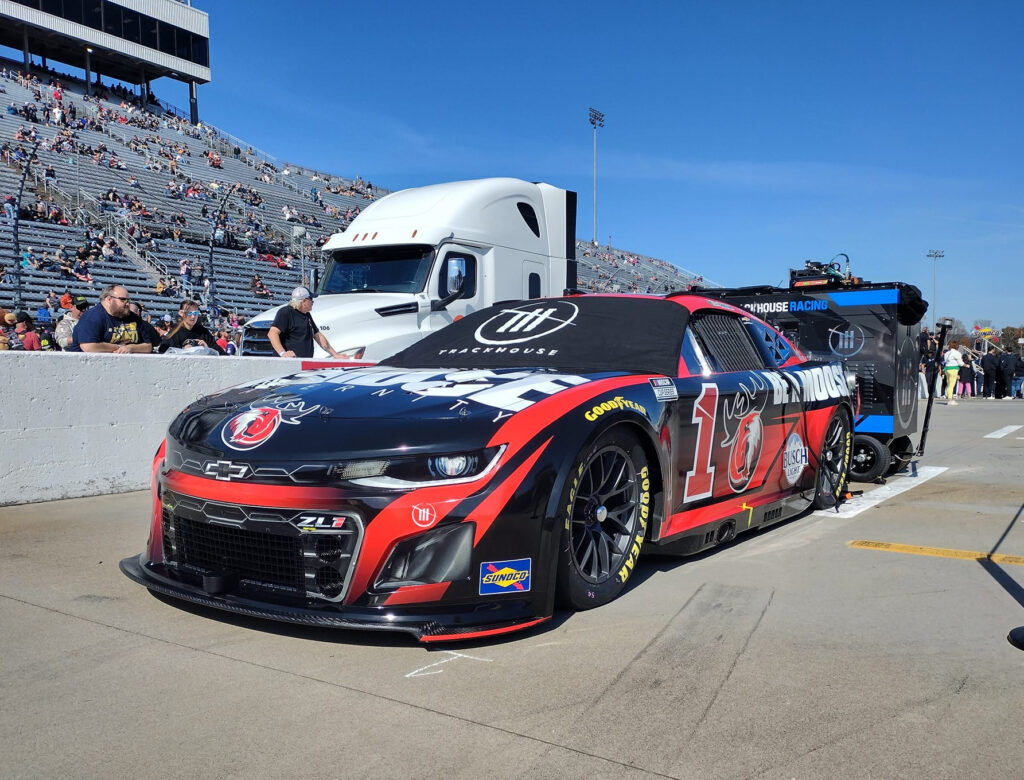
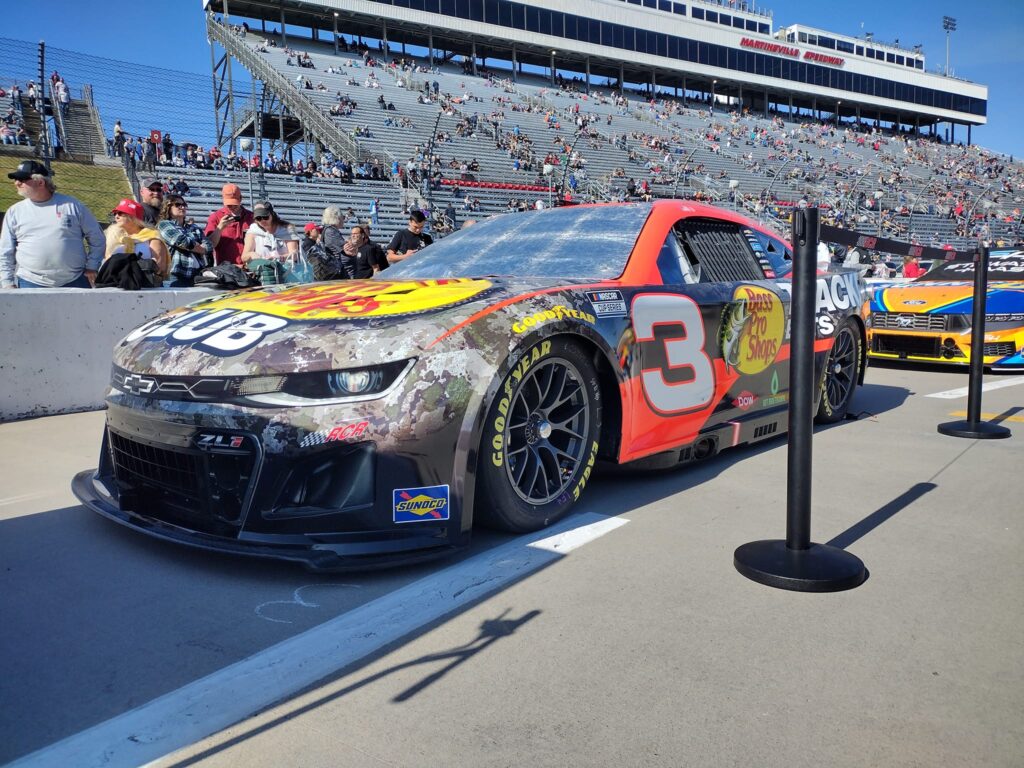
In NASCAR’s top three series, you are expected to perform or your career could be over before it starts. Or at the least, your history in the sport will be lost to obscurity. You work your whole early career just to get to the pinnacle so you will do next to anything to make sure you survive. In the midst of that struggle, there have been instances where a driver or team’s integrity have come into question. But in this instance, we’ll focus on “teamwork”. In 1991 in the spring Cup race at Talladega, Harry Gant ran out of fuel coming down the stretch prompting laps down teammate Rick Mast to push him almost all the way around the track to get the win. Mast let off just before the line, purveying the notion that Gant got to the finish line on his own. No punishment by NASCAR was rendered. In 2011 in the summer race at Richmond, Paul Menard spins on purpose to cause a caution, allowing teammate Kevin Harvick to take advantage on the restart and eventually take the win. Radio communications later reveal it was intentional but again, NASCAR renders no punishment. In 2013 at the summer race in Richmond you had a pair of shenanigans that did result in penalties as David Gilliland is told over the radio to let Ford teammate Joey Logano by for one of the final Chase spots in the closing laps leading both teams to be put on probation. And famously in the final laps, Brian Vickers pits for no reason while Clint Bowyer spins on purpose, causing a restart that allows teammate Martin Truex Jr to make it into what was then called the “Chase”. The result was that Truex Jr was docked 50 points, taking him out of the chase and putting Ryan Newman in. NASCAR then also added Jeff Gordon to the playoff mix and proceeded to fine Michael Waltrip Racing $300,000 for actions detrimental. A finding that cost the team NAPA sponsorship and ultimately killing the team. In 2020, Erik Jones is told not to pass teammate Denny Hamlin in the closing laps, allowing Hamlin to advance to Phoenix. No punishment issued. In 2022 at the ROVAL, Cole Custer checks up and blocks several drivers allowing teammate Chase Briscoe to advance to the final round of playoffs, and was penalized 50 points and was fined $100,000.
What all these instances but one have in common is they all came in or because of the impending playoffs NASCAR implemented for fan excitement. It’s addition has caused more than excitement for the fans however as in a sport where success is key, and success often comes for racing for championships, driver and team desperation for that prominence can become obvious. Case in point, Kevin Harvick had mechanical issues on the way to the final green, white, checkered finish at the 2015 Fall race at Talladega, and so he hooks Trevor Bayne on the green flag restart who then collects multiple cars causing a caution, knowing there would not be another restart in the race. Harvick moved onto the next round and received no punishment. After the Martinsville race this weekend, I saw one social media entity blame it all on the playoff system, noting that Senior Vice President Of Competition Elton Sawyer said after the race that the fans asked for the playoff system. A fact that the social media personality denied. But he’s wrong about that. A lot of fans and NASCAR media have had a lot to say about the Playoff system and what it’s meant to the sport. We won’t contest them but we will point out there are plenty of differing views on the subject. And as a fan of the sport for over 50 years, I know for a fact that there was a significant call for change from the old points system. That’s simply a fact. There were several years that I heard for a change. In particular after the 2003 season when Matt Kenseth won the championship title by 90 points despite only winning one race on the year while Ryan Newman won eight. And there was also a call for change after years where the title winner won by so many points, the sport’s hunt for a championship was deemed “boring” by the fans. Notable in 1967, the championship winner won by a margin of a whopping 6,028 points and in 1975 the deficit was 722. Both of those championships were won by “The King” Richard Petty. And in both cases fans spoke out for change. So please, let’s not pretend that NASCAR got to the playoff system by a random decision. That my friends is pure fallacy.
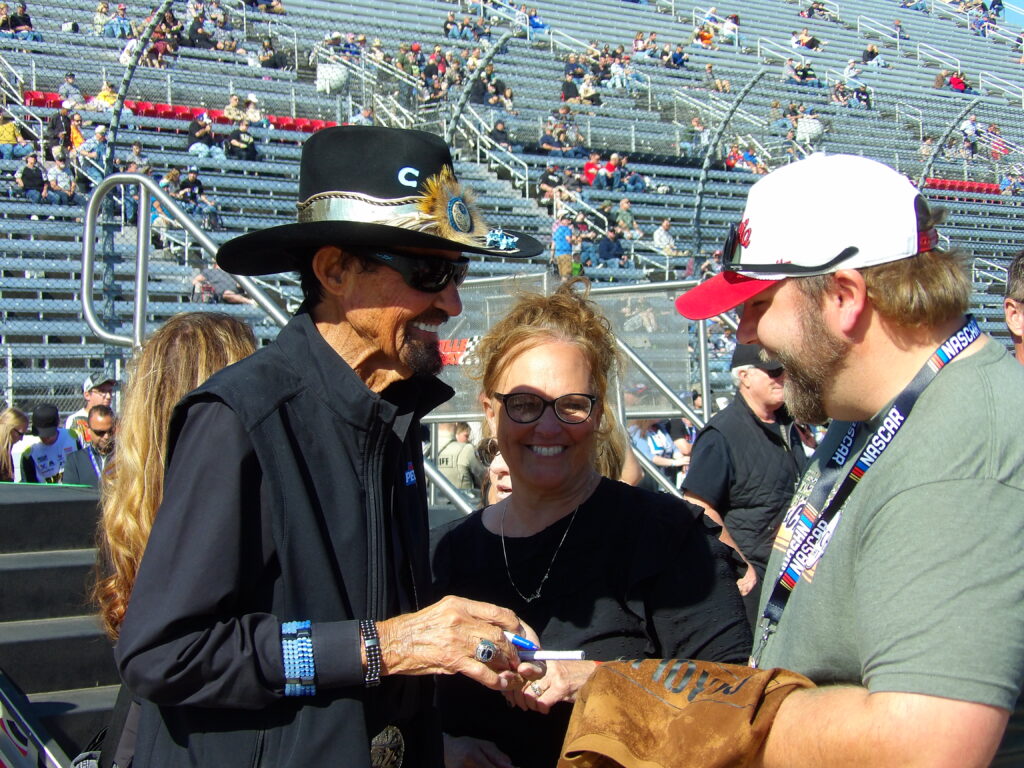
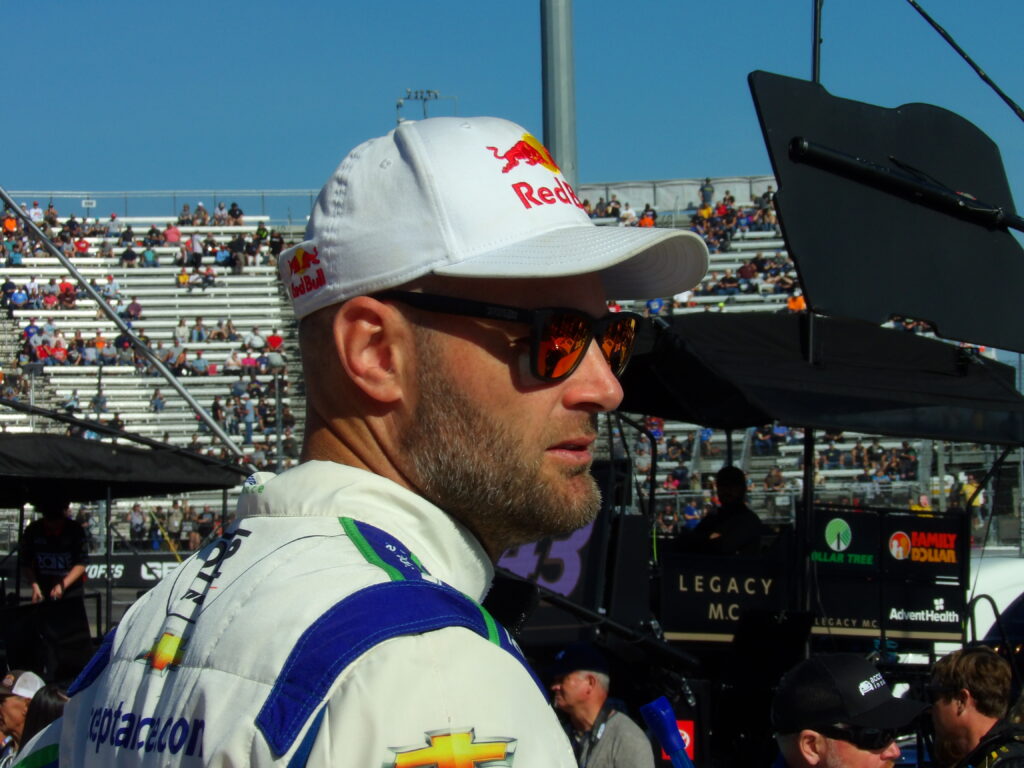
Personally, knowing where the championship points argument stems from, I can see benefits in both systems. The first benefitted wins and consistency, while the other demands performance at all costs. The trick for NASCAR is understanding that a playoff system needs a rigorous set of rules to police it. And the simple truth here is that they are going to have to take a good hard look at it. But I will say even at the risk of criticism that the management brass and the officials of NASCAR aren’t the only ones that need to contemplate on that. Drivers and teams need to remember that integrity of the sport itself matters more than maybe they want to admit in their strive for success. I think Chris Karcher said it best when he said, “Integrity is choosing your thoughts and actions based on values rather than personal gain.” He couldn’t be more true about that. And when it comes to NASCAR, we’ve said again and again that if you forget where you come from, you’ll forget where you’re going. In 1959, Richard Petty was shown the checkered flag in what would have been his first Cup, then Grand National, race win. But he was protested and the win given to someone else. The protester and eventually declared winner was Lee Petty, Richard’s father. It was a day and age when drivers and teams believed you had to earn each and every inch of track. The sport deserved nothing less. But we aren’t going to go on an opinionated rant after the 2024 Xfinity 500 at Martinsville Speedway as many others have. We just want everyone in the sport to contemplate fully and fairly. NASCAR has issued NASCAR Code Of Conduct penalties to the teams of Bubba Wallace, Ross Chastain, and Austin Dillon for actions detrimental to the sport. Notably Richard Childress Racing and Trackhouse Racing have said they will appeal the decision while 23XI Racing has decided against it although saying they thought they did nothing wrong. But NASCAR has to do more than just penalize the teams, they must have a meeting with the manufacturers themselves and stress that there can be no race interference to relieve the pressure on the drivers and teams when it comes down to making those kind of decisions. This has to happen even though the sport depends on those manufacturers tremendously and always have. Still, this kind of interference cannot be tolerated in an integral sport.
Some have and are saying that the driver penalties didn’t go far enough with former driver and veteran of the sport Ricky Craven saying that all three of these drivers should have to sit out the final race of the season to ponder their actions. I can’t find fault in that statement but again, I won’t argue the point either way except to say that action had to be taken for integrity’s sake as the sport’s integrity should be considered paramount. And so to that point I would like to also point out that newcomer to the sport Shane Van Gisbergen also received “information” on how he should race eventual race winner and defending champion Ryan Blaney on a late restart. But Van Gisbergen made his own choice and raced Blaney clean. In the end it may be forgotten amidst all the controversy. More importantly for us and the intention of this article is that what will also unfortunately be forgotten is how great a race it was at Martinsville. That’s bittersweet to us. It was the best race we’ve seen on a short track from NASCAR’s Next Gen car, making the Xfinity 500 a historically significant moment for the future of the sport. In that, a comment on our page from our post race spiel on Blaney’s win said it all. It read, “Overshadowed by complete manufacturer manipulation. Great race and the controversy is all that people will remember…”. We couldn’t have said it better ourselves…yes, tremendously bittersweet! Until next time, as always, See You At The Track!




Leave a Reply